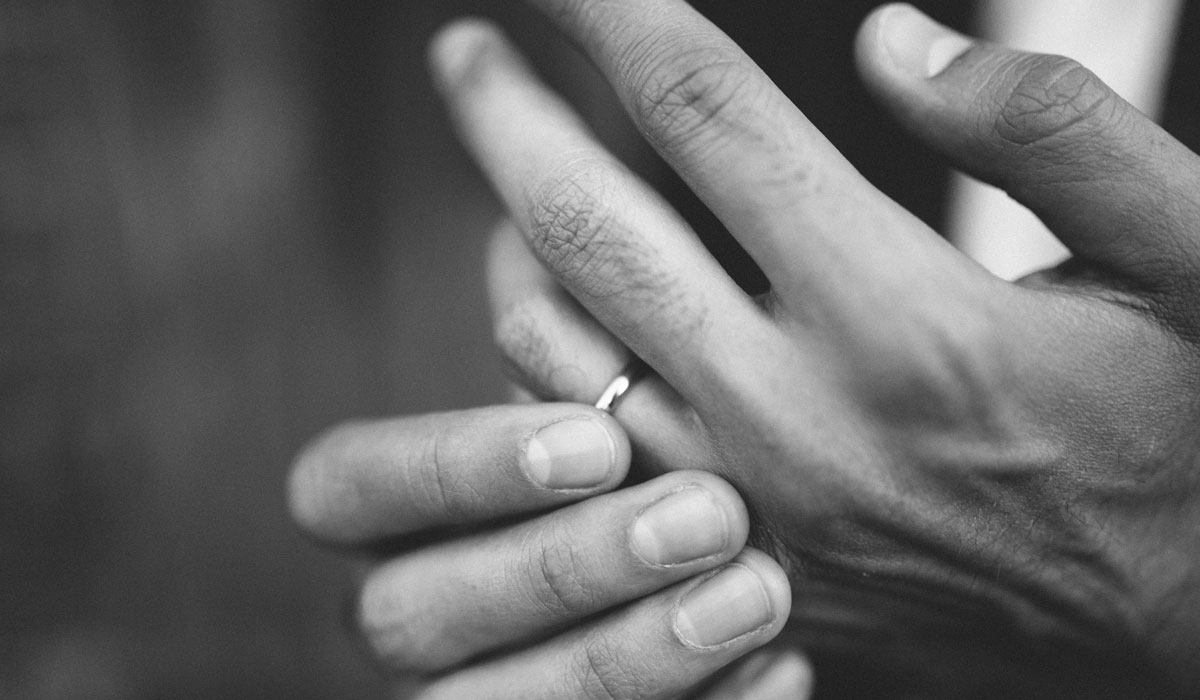An Epidemic of Loneliness, Part Two

This week on the podcast, Dan Allender and Becky Allender continue our series on loneliness by looking at the particular ways that loneliness unfolds in marriage and other intimate relationships. It’s an apparent paradox, but one that anyone in a relationship will come to know well: just because you are “with” someone does not mean you will never feel alone. And so often there seems to be no rhyme or reason to when loneliness hits. Sometimes it can be expected, like when a partner is traveling without you, but other times it seemingly comes out of the blue.
Dan: “You’re going to experience loneliness in every relationship. […] There’s going to be this ache for something more.”
Becky and Dan reflect on their particular experience based on Dan’s demanding work and travel schedules, and they look at how feeling excluded can lead to judgement against ourselves and others, giving way to insidious and shame-based messages about our worth as people.
The older we get and the more we long for heaven, the more this world seems empty at moments.
Dan: “Exclusion leads to isolation. And isolation in any form is the place of great susceptibility to evil’s assault of judgements.”
Becky: “Once you start going down that slope of judgement, envy is a killer in every way.”
In some cases, where a relationship is drifting apart and there is a consistent, chronic loss of empathy, loneliness can be a proper response—a helpful indicator that something is not right. But for it not to fester into envy and disconnection, there has to be movement and communication about what each of us is experiencing. Yet for most of us, when we are in a place of deep loneliness, the last thing we want to do is talk about it.
Dan: “Naming loneliness and engaging it feels like being stabbed—versus the thousand pinpricks of loneliness that never gets addressed and actually does the very same thing: it bleeds you dry.”
This conversation brings Becky and Dan back to the topic of comparison, which opens us to the kind of envy that is toxic to the human heart. It’s a place we revert to when we don’t want to engage our own lonely spirit—like addiction and busyness, it’s a way to distract ourselves without having to enter such difficult terrain.
Dan: “There has to be disruption of loneliness—not just distraction, but something that allows us to enter the loneliness of one another.”
In contrast, Dan and Becky invite us to consider how we might be present with the loneliness in ourselves and each other—not to “fix” it or try to make it go away, but to enter the deep places of our hearts that are longing for something more. We’ll continue this part of the conversation next week, as Becky and Dan look at how we can tend to and shepherd the loneliness experienced in ourselves and in the people we love.
